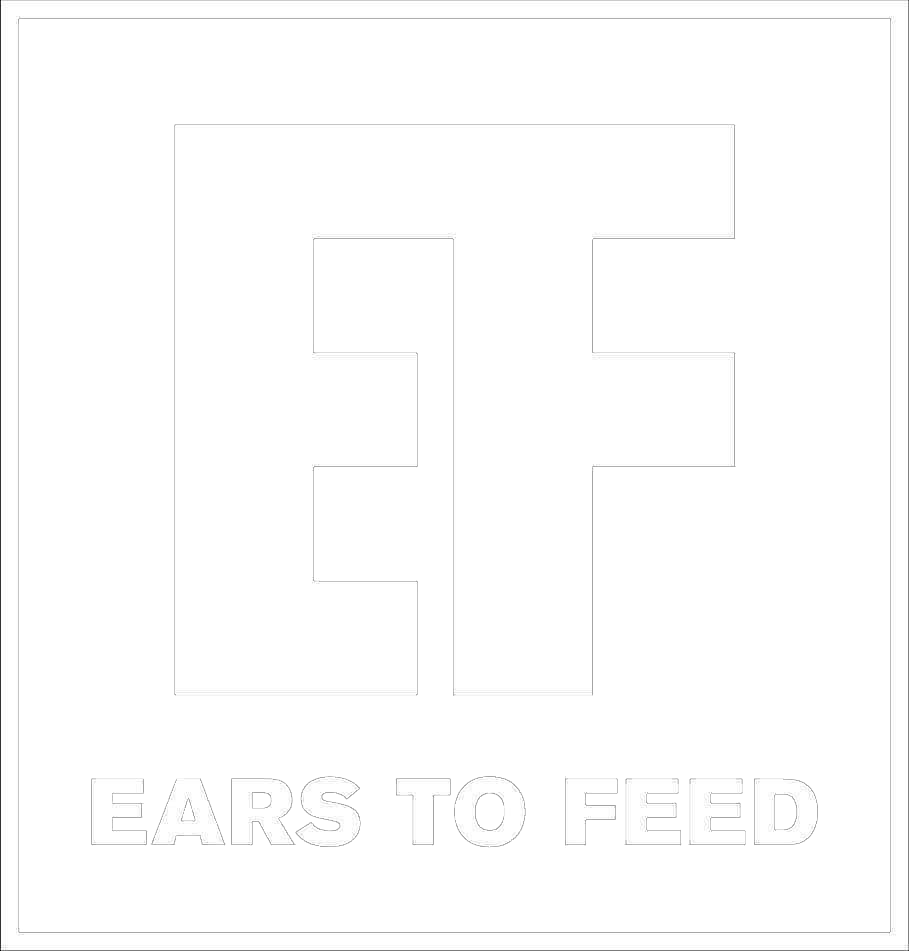Gaining notoriety in the music industry as a teenager can feel like a fanciful illusion, but for Lou Barlow it essentially encompassed his entire world once he turned 17.
As a founding member of Dinosaur Jr, Sebadoh, The Folk Implosion and his own solo project since the mid-‘80s, Barlow is no stranger to collaborative forms of musicianship and the hustle of life as a touring artist. Recognized as an instigator of the lo-fi subgenre, Barlow’s intimate and poignant lyrics delve into the raw and humanistic ways people struggle to make sense of their personal relationships.
His latest solo record Reason to Live, breathes life and growth through its 17 tracks. It’s a tranquil sincerity that descends upon a newly founded optimism.
While intentional space is manifested in his record, it came as no easy feat. Once the pandemic shut down any notion of touring, Barlow turned to acoustic livestreams and virtual events. Stemming from a sense of desperation, online performances soon became a fruitful way for Barlow to connect with his fans. Playing in front of a camera instead of eager fans was initially jarring for Barlow.
“When I play solo, I usually only play to between 25 and 50 people,” he said. “It feels so odd to be so isolated yet so visible.”
Finding a sense of equilibrium between independent, creative outlets in conjunction with familial life — especially within the confines of a pandemic — can be incredibly overwhelming to navigate. Managing a family of five at home came with its hurdles, yet Barlow and his wife Adelle found ways to ease their responsibilities and traverse the inevitable pitfalls of online-schooling.
“The collaborations we’ve done are out of emotional survival.”
-Lou Barlow
“We’re trying as a couple to keep positive and keep a forward motion every day,” he said. “That was a real challenge, but eventually we found a balance.”
After their marriage in 2015 and a quick move from California to his home state of Massachussettes, the couple has continued to merge their creative aspirations in all facets of life, from child-rearing to album releases.
“The external world felt so chaotic, but also innervating at the same time,” Barlow said about the last year. “The collaborations we’ve done are out of emotional survival.”
Another means of collaboration has been putting together Spotify playlists with his kids to share in their joint musical discoveries, despite some obvious and glaring differences in taste. “My kids are really into profane rap,” he laughed. “Everything [my son] plays for me he prefaces it with, ‘this guy’s dead!’”
Reflecting back on initial inspirations has creatively sustained Barlow through the tumultuous year that he was creating Reason to Live. Birthed from Joyful Noise Recordings’ Artist Enabler Club, a means of sustaining artists through providing their fans exclusive quarterly physical and digital releases, Barlow’s subscription series provided him an outlet to explore his vast amount of archival material, which stretched back three decades.
“I was very into hardcore punk rock, so everything was about brevity,” he said. “I was not writing to develop songs. I was just doing quick off the cuff sketches.”
Having an innate knack for recalling melodies from his adolescence is something he deems significant for knowing which specific riffs to hold onto and which ones to utilize in the future.
“The way I test my songs and the reason that I finish songs is if I can remember them. If a song is good to me, it’s usually a melody that lives in my head for a very long time. If it’s something that I can play and remember, without referring to tapes, then that gives it value to me,” he said.
Rather than framing success on an unsentimental, forward-looking trajectory, Barlow’s creative sparks from earlier work accompany and foster new ideas while still igniting change in his process.
“I would say [for] the universal musician, the first things that come out of your head are meaningful,” he said. “The initial burst of letting your voice soar and reach out for ideas, it has value. I [had] always wanted to go back and find those first bits of inspiration and take them and expand on them. That was really rewarding.”
